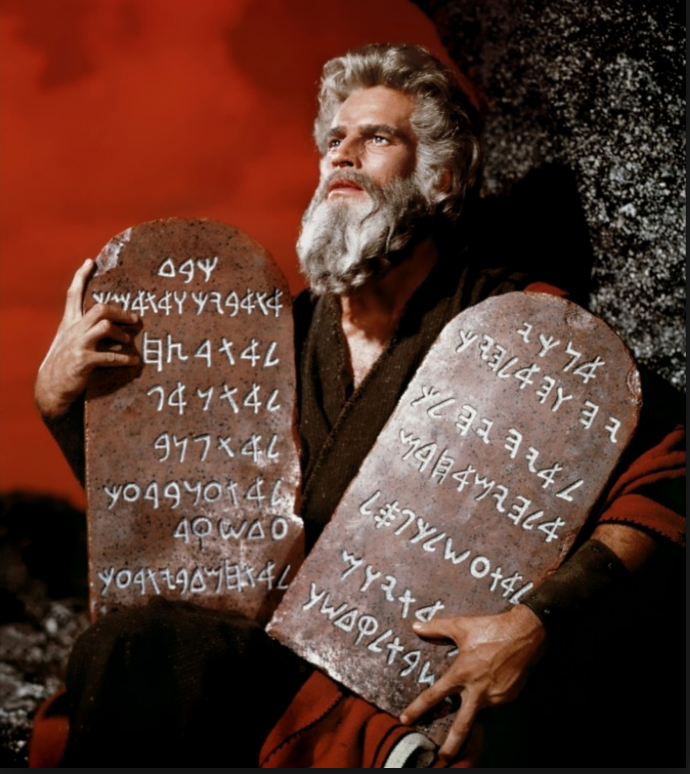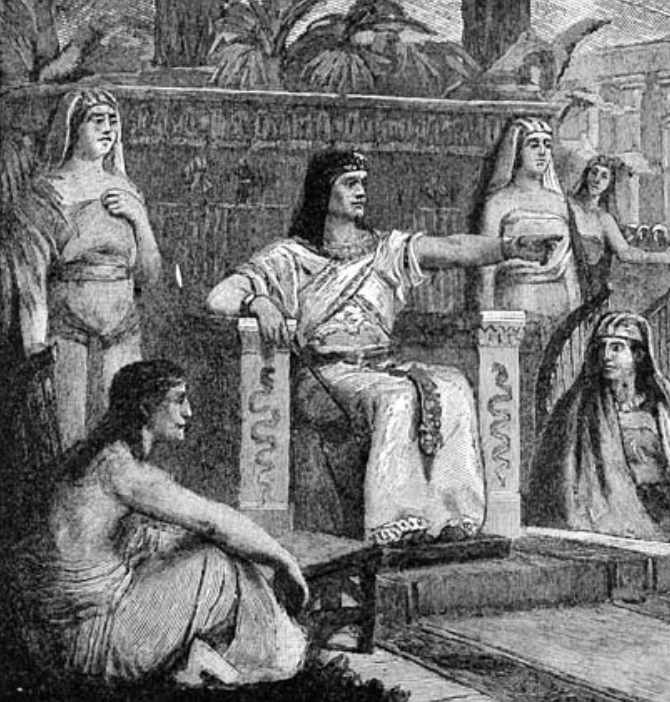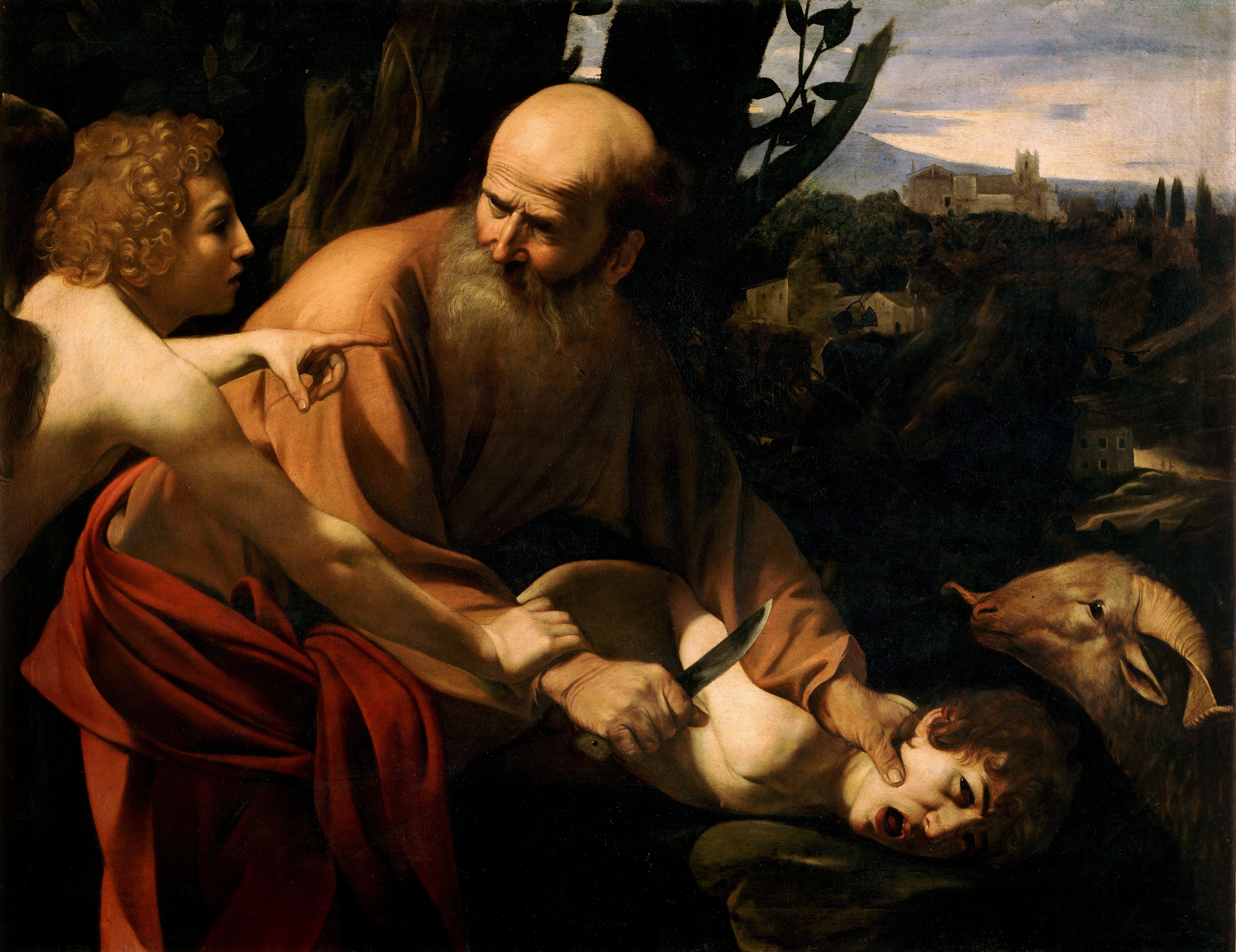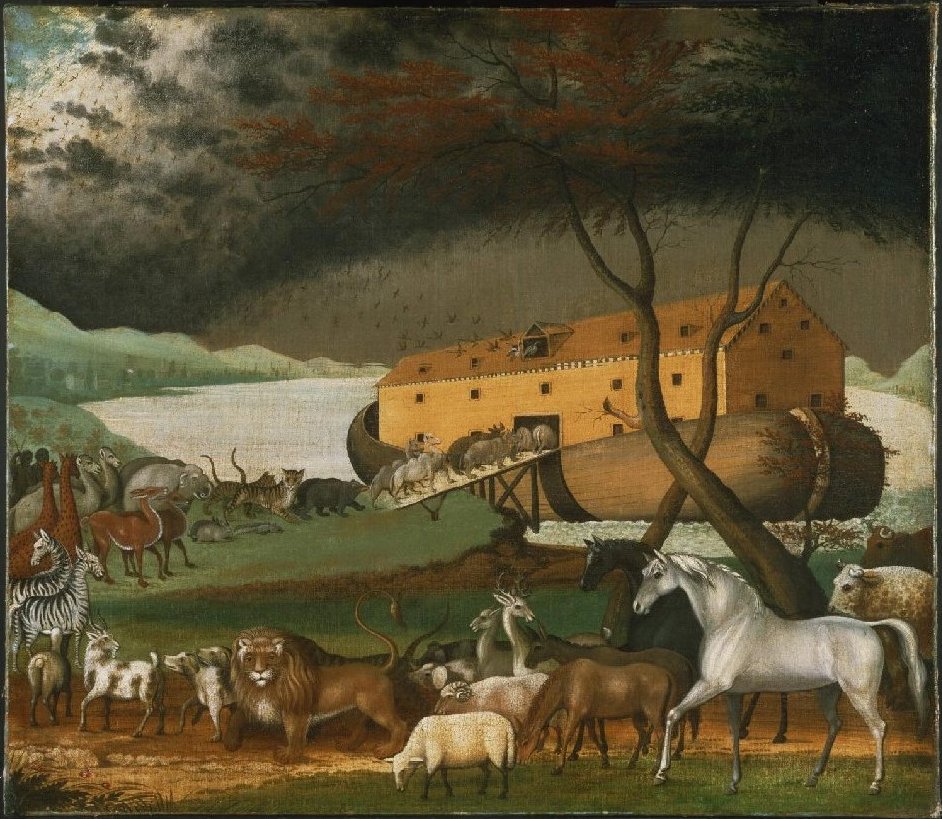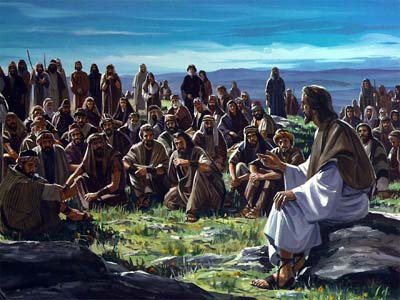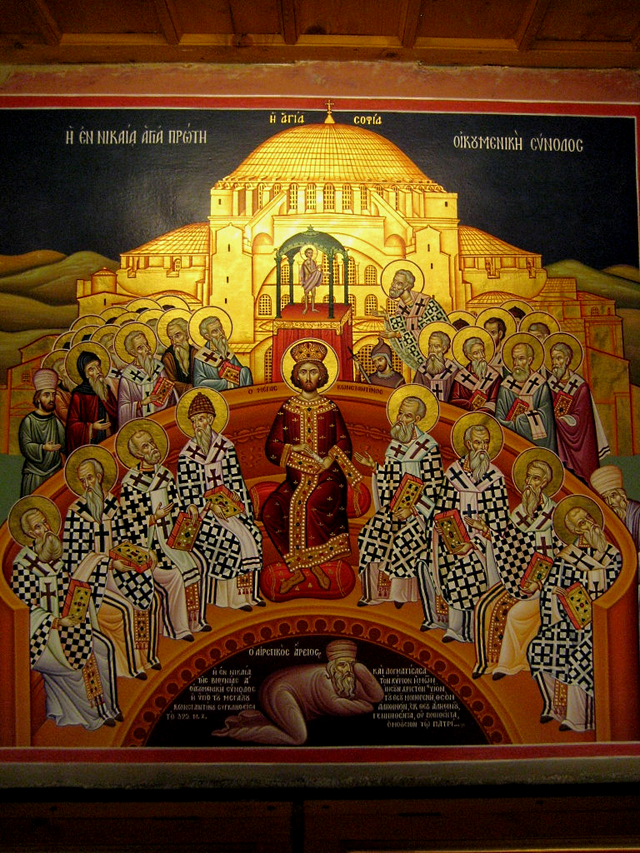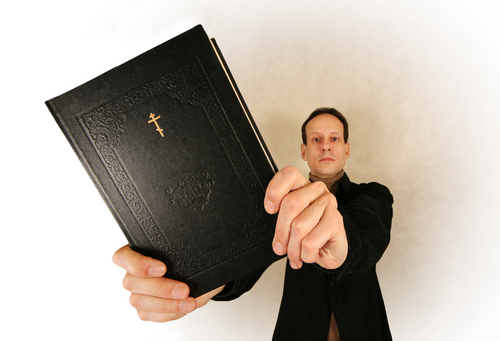Since Moses’ name is similar to the name of the Egyptian Pharaoh Thutmose (or Tuthmosis) III, many scholars speculate that Moses was Egyptian royalty.
I have recently read speculation that Isaac was the son of Pharaoh Thutmose (or Tuthmosis) III. If he wasn’t Abraham’s son, that might explain why Abraham was willing to sacrifice him. That’s always bother me. I know we’re supposed to obey God, but not if he tells me to kill my son. How could Abraham even consider something so hideous? No father should obey a voice, even if it was supposedly God, telling him to offer his son as a sacrifice. A father or stepfather would have to be suffering from dementia to consider an order that goes against every human instinct.
How can any 21st century woman believe that only men must lead in the home and church and that a woman’s role
Affirmations and Confessions of a Progressive Christian Layman - by Ed Taylor
Between Birth and 30 Unfortunately, the Gospels do not provide us with much information about Jesus’ early life.
Please, God, teach us to be accepting of others: those who worship differently, different races, sexual orientation, socio-economic level – any and everyone who is different from us for whatever reason. God, you created us and pronounced your creation good. We have no right to be judge and jury. Help us to look inward, recognize our own faults, confess them, and attempt to correct them. We never want to experience another Crusade.
Moses is THE most important figure in Judaism. Not only did he lead the Israelites out of bondage in Egypt, he is credited with receiving the Torah from God.
We’ve all heard the expression, “the God of Abraham, Isaac and Jacob,” but the information about Isaac in Genesis certainly places him in a subordinate position to his father, Abraham, and his son, Jacob. The first mention of Isaac was when God told Sarah that she would give birth to a son and that she should name him Isaac (which means “he laughs,” a reference to Abraham laughing when God promised him a son). Abraham, who was one hundred years old when Isaac was born, followed God’s command and named his son Isaac.
Genesis 10:5 claims the land was divided according to tongues, but Genesis 11:1 insists that everyone on earth spoke the same language. If we believe the biblical account of the flood, then everyone was dead except Noah, his wife, their sons and their sons’ wives. Therefore, everyone was a descendant of this one family. If that is true, of course, everyone spoke the same language. If you do not accept the flood story as literal, then there were more likely multiple languages prior to the building of the Tower of Babel.
The Genesis account of the flood was written by two Israelites (the Priestly account and the non-Priestly version) who were trying to tell a story that would help their fellow Jews better understand their place in the world. If a myth about a flood covering the earth and killing everyone and everything except for one man and his family and a select number of animals accomplished that goal, then it may be worthy. But the vengeful God who decided he had made a mistake so he wanted to start over is not my idea of God. A God who would destroy the world and its inhabitants – except for one “righteous” man and his family (who may not have been righteous) and a handful of animal species – is not worthy of worship.
The first sixteen verses of the fourth chapter of Genesis is the story of Cain and Abel. The rest of the chapter is genealogy. Let’s examine the Genesis story and then see if we can ascertain why it was included in the Bible.
Yes, God uses imperfect people. As 1 Peter 4:10 says, we should serve with whatever gift we have received.
I am abundantly aware that God can do remarkable things with less than perfect people. Noah supposedly had “blameless behavior,” but after the flood, he got drunk on the wine he produced and, although he may not have been aware due to his drunken stupor, may have had sexual relations with one of his sons. Later in Hebrew Scriptures, we meet other imperfect people who were used by God: Moses had a stuttering problem, Gideon was afraid, Samson was a womanizer, Rahab was a prostitute, David was an adulterer and murderer, Elijah was suicidal, and Abram.
Genesis opens the Hebrew Bible with two conflicting and irreconcilable creation stories. Obviously neither of these creation myths reported actual events. Even so, there are people who believe that the universe was created exactly as described there simply because this is what the Bible says, so it is fact. Those people despise the Darwinian evolution theory, so they stubbornly grasp for an alternative and end up with literalism or Creationism that demands unquestioning acceptance.
Do I really want to go to heaven? The answer depends on what heaven is. If heaven is the eternal presence of God, then that would be awesome. But I do not believe that God resides in some celestial realm. God is in us, all around us, every day. So it is possible to be in God’s presence anytime, anywhere.
As December cold enveloped the Western Front, a very remarkable Christmas story developed – an unofficial truce was observed by an estimated 100,000 British and German troops on the first Christmas Eve of the war.
The church as we know it came about when one group of believers was opposed by a dissenting group. Then it became necessary for each group to define their concepts of Christianity and to label all others heretics.
The Greek word for “faith” in the New Testament is pistis, which occurs 243 times. As a noun, pistis is used as a technical term for “forensic evidence.” In other words, faith is not blind; we must investigate to establish the facts. I agree with retired Episcopal bishop, John Shelby Spong, who writes, “My problem has never been my faith. It has always been the literal way that human beings have chosen to articulate that faith.” To many Christians, faith means believing highly suspect claims, which is a problem for me. Thinking isn’t a sin. God created our minds and I’m certain that we were intended to use them.
One of the most serious theological conflicts in the history of Christianity occurred more than one thousand six hundred years ago. Known as
When I was in the process of getting a master’s degree in sacred music, I had to take several classes offered at the theology school. One class, I don’t remember which one, assigned a paper entitled “Why Preach?” I really struggled with the assignment. As a future minister of music, preaching was not what I intended to do. As far as I was concerned, a preacher preached – that’s what church was – church on Sunday always included a sermon delivered by the minister. There was no alternative; each church service included preaching. The question, therefore, stumped me.
The lyrics of the hymns and praise and worship songs of the church are, outside of the Bible, the way most people establish their belief system, which is reflected in the way they think about and live their faith. The lyrics may be good or bad, perceptive or trite, and may or may not teach sound theological concepts. Christians should carefully consider what they are singing because it shapes their theological perspective whether they realize it or not.
What Does Hebrew Scripture Say about Life After Death? There isn’t much in Hebrew scriptures about life after death. According to Ecclesiastes, death
Hebrew Scripture’s View of Life after Death It wasn’t until after the Babylonian Exile that the Pharisees accepted the idea of heaven and
I think Christian missionaries should live among the people exhibiting their Christianity in their daily lives. If the people see something in their lives that is missing in their own lives they will ask about it, which gives the missionary permission to tell them about their faith.
For Christians grace is God’s gift of pardon. According to William Barclay the Greek word for grace was originally a military term. When an emperor came to the throne or celebrated a birthday, he would give his troops a donatirim (donation), which was a free gift that they had not earned; it was given out of the goodness of the emperor’s heart. This idea was picked up by the Christian scripture writers when they wrote about the grace of God. Grace is something that is unearned and undeserved – unmerited pardon.

